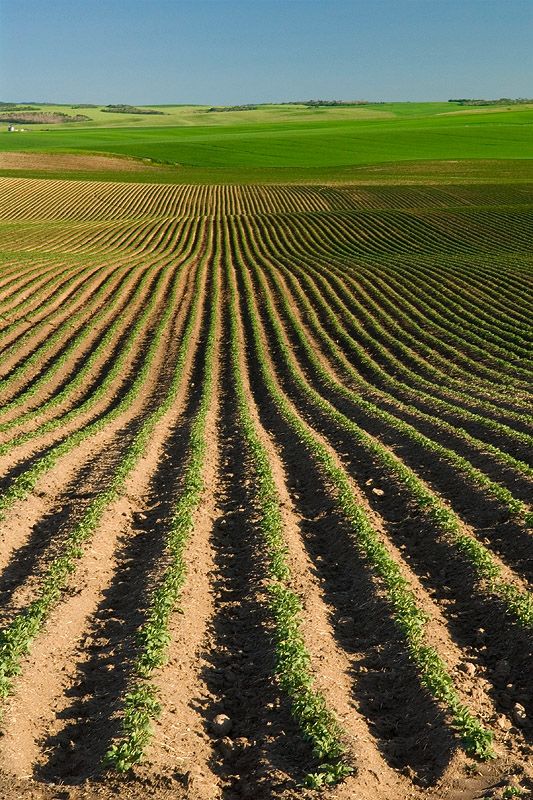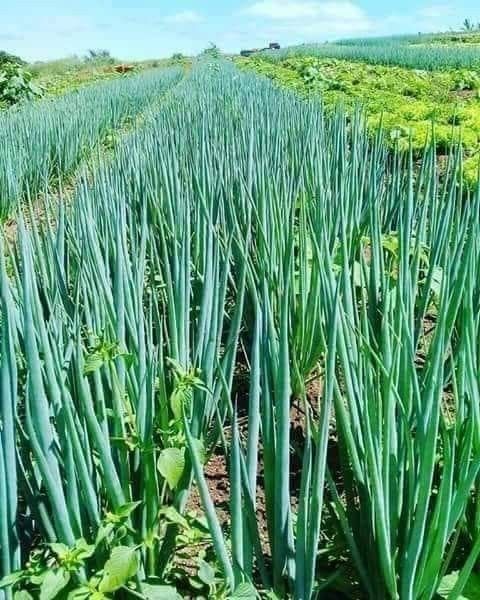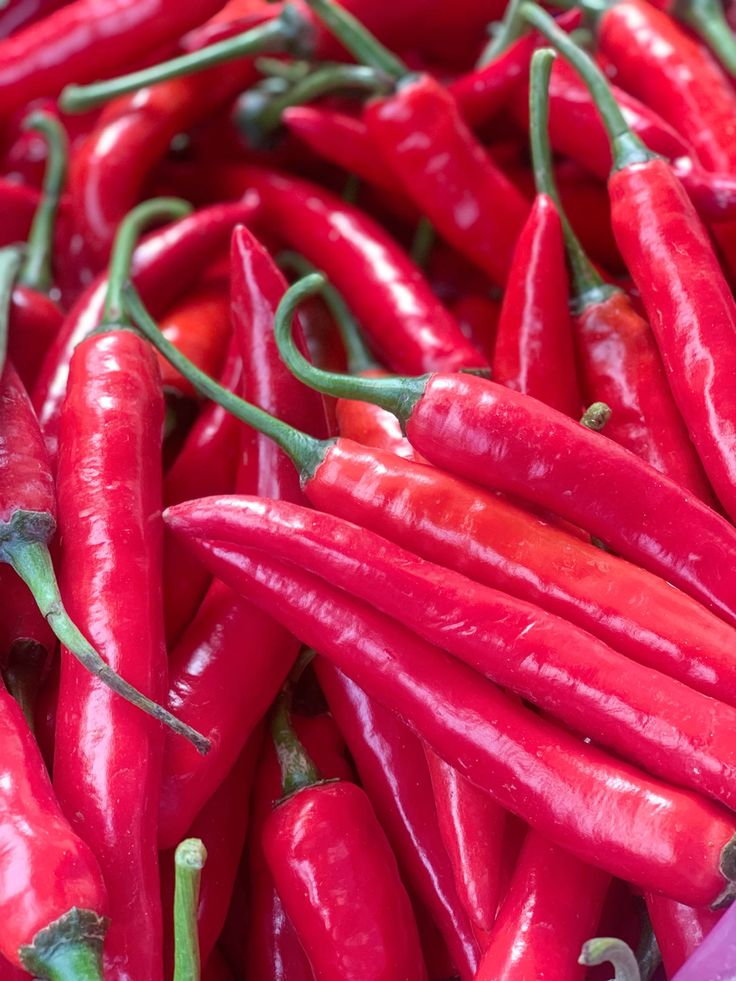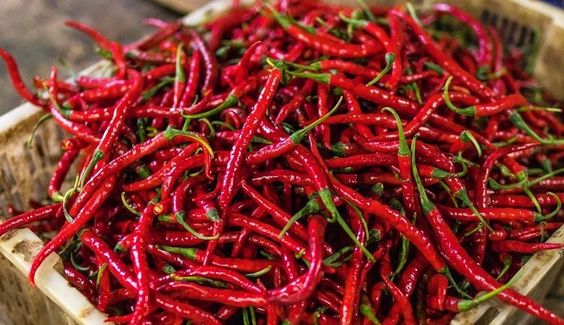Revolutionizing Water Management: Smart Agriculture Irrigation for Sustainable
Agriculture Irrigation,Water is the lifeblood of agriculture. Yet, traditional irrigation practices often lead to overwatering, wasted resources, and environmental damage. In today’s climate-conscious world, farmers are increasingly turning to smart irrigation solutions as a key component of Smart Agriculture. This article explores how smart irrigation technologies are transforming water management, promoting sustainability, and boosting agricultural productivity.
The Challenges of Traditional Irrigation
Conventional Agriculture Irrigation methods, such as flood irrigation or sprinkler systems, rely on fixed schedules and estimations of crop water needs. These methods often lead to:
- Water waste: Overwatering not only depletes precious water resources, but also promotes leaching of nutrients, harming soil health and potentially polluting waterways.
- Inefficiency: Uniform irrigation fails to account for variations in soil types, topography, and crop water requirements within a field. This results in under-irrigation in some areas and overwatering in others, leading to uneven crop growth and yield losses.
- High labor costs: Traditional systems often require manual monitoring and adjustments, increasing labor costs and limiting farmers’ ability to respond quickly to changing conditions.
The Rise of Smart Agriculture Irrigation
Smart Agriculture Irrigation harnesses the power of technology to create a more precise and efficient irrigation system. By integrating sensors, data collection, and automation, smart irrigation systems provide real-time information on crop water needs and optimize Agriculture Irrigation based on various factors. Here’s how:
- Sensors and data collection: Soil moisture sensors, weather stations, and plant sensors are deployed to gather real-time data on soil moisture levels, temperature, humidity, wind speed, and other relevant environmental factors. This data paints a detailed picture of the crop’s specific water requirements at any given time.
- Data analysis and automation: The collected data is analyzed by software programs that consider historical trends, weather forecasts, and crop growth stages. Based on this analysis, automated irrigation systems activate precisely the amount of water needed, when needed, in specific areas of the field.
- Mobile applications and control systems: Advanced smart irrigation systems offer user-friendly mobile apps that allow farmers to monitor field conditions, adjust irrigation schedules remotely, and receive real-time alerts. This empowers farmers to make informed decisions and fine-tune their irrigation strategies on the go.
Benefits of Smart Irrigation for Agriculture
The implementation of smart Agriculture Agriculture Irrigation solutions offers a multitude of benefits for farmers, the environment, and even consumers:
- Water conservation: Smart irrigation significantly reduces water waste by targeting water delivery only where and when it’s needed. Studies show reductions in water use of up to 50% or more.
- Increased yield and crop quality: Precise water delivery ensures optimal hydration for plants, leading to improved growth, better crop yields, and potentially higher quality produce.
- Reduced energy consumption: By optimizing water use, smart irrigation systems also contribute to energy savings as less pumping and water movement are required.
- Improved soil health: Overwatering can damage soil structure and promote nutrient leaching. Smart irrigation helps maintain healthy soil moisture levels, promoting microbial activity, nutrient retention, and overall soil health.
- Labor cost savings: Automation reduces the need for manual monitoring and adjustments, freeing up valuable time for farmers to focus on other aspects of their operation.
- Enhanced decision-making: Real-time data and analytics empower farmers to make data-driven decisions regarding irrigation, potentially optimizing fertilizer use and other agricultural practices.
Considerations for Implementing Smart Irrigation
While smart Agriculture Irrigation offers significant advantages, some challenges need to be considered:
- Initial investment: The cost of sensors, automation equipment, and data analysis software can be a barrier for some farmers. However, government incentives and long-term cost savings through water conservation can make smart irrigation a worthwhile investment.
- Technical expertise: Operating and maintaining smart irrigation systems may require some initial training. However, many systems are designed for ease of use with user-friendly interfaces and readily available customer support.
- Connectivity: Reliable internet connectivity is crucial for some smart irrigation systems to function effectively. This might present a challenge for farms in remote areas with limited internet access.
The Future of Smart Agriculture Irrigation
As technology continues to evolve, smart irrigation systems are expected to become even more sophisticated. We can anticipate the integration of:
- Advanced sensors: New sensor technologies are being developed to measure additional factors like plant health and nutrient levels, allowing for even more precise irrigation and fertilization strategies.
- Machine learning and AI: Artificial intelligence and machine learning algorithms are being explored to analyze data and personalize irrigation plans based on specific crop varieties, soil types, and weather patterns.
- Integration with other Smart Agriculture technologies: Smart irrigation can be seamlessly integrated with other Smart Agriculture solutions like precision agriculture and automated farm equipment for a truly holistic and data-driven approach to farming.




